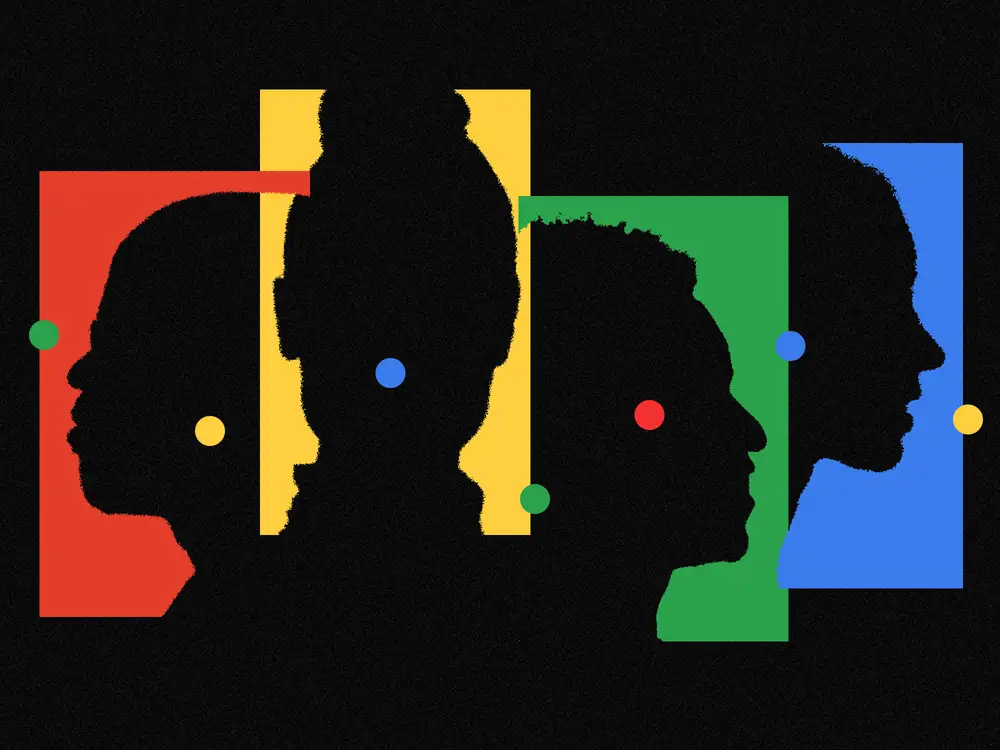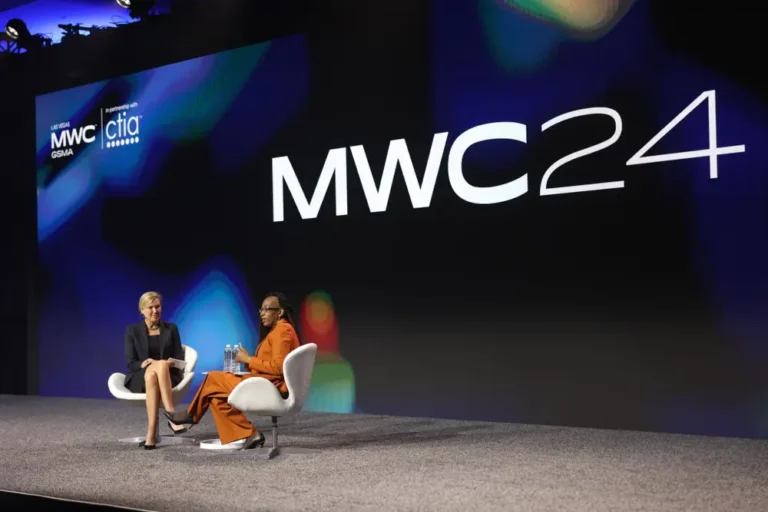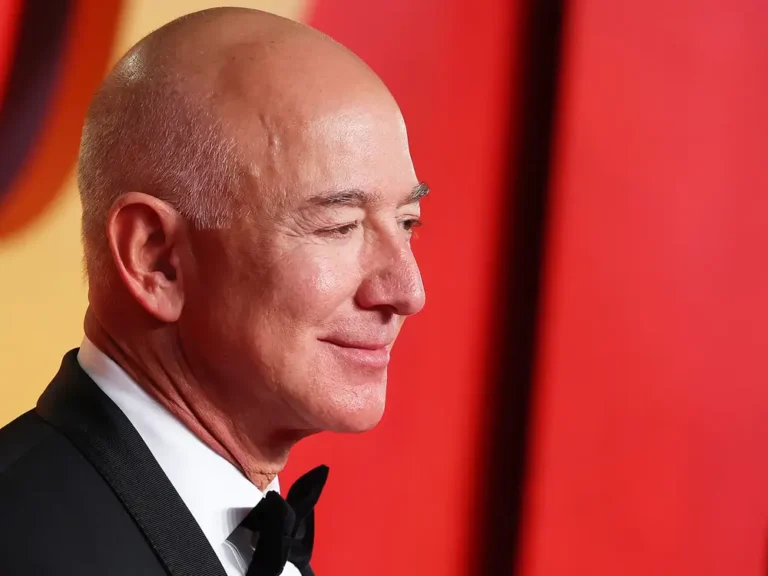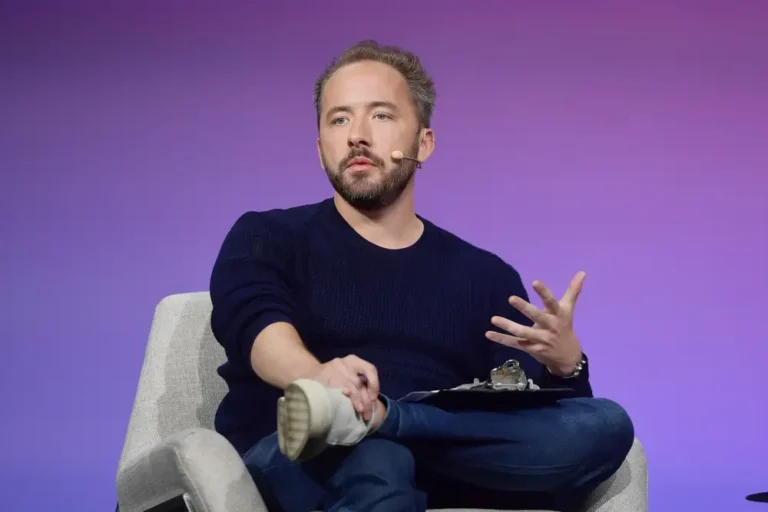I interviewed Google applicants and ranked them on ‘Googleyness.’ Here’s what that means and what you can learn from my best interviewee.

This as-told-to essay is based on a conversation with Jerry Lee, 29, a former manager at Google and cofounder of Wonsulting, a career consulting company. The following has been edited for length and clarity. B-17 has verified his education and employment history.
I worked at Google from 2017 to late 2020. I was hired as an analyst and gradually worked my way up to senior strategy and operations manager before quitting in late 2020.
While at Google, I interviewed several potential new hires and ranked them based on “Googleyness.” Here’s what that means to me and how you can bring it to your interview.
I was trained to grade candidates on four attributes
About two years into my time at Google, I was promoted to strategy and operations manager and underwent interview training to interview new hires. I attended asynchronous and synchronous sessions with a member of the recruiting team to discuss best practices. Then, I completed an online training module that covered the grading scale.
I remember Google having four attributes that candidates were graded on: general cognitive ability, leadership, role-related knowledge, and Googleyness.
I ranked candidates on Googleyness
Googleyness is not an objective, quantifiable term, but here’s what it means to me based on what I gleaned from interview training. Googleyness captures the broad range of soft skills needed to align with your coworkers, such as dependability, helpfulness, and willingness to go above and beyond.
But if there’s one particular quality that separates Googleyness from simply having soft skills, it’s one’s ability to be resourceful and work across the company.
Because Google is such a large company, I feel like you rarely need to look outside it for an answer. if you need to access research or data points, there’s a high likelihood that someone at Google has done it or thought about it. It’s your job to reach out to them, connect with them, and talk to them. I don’t know if this is still the case, but employees had access to an internal search engine that provides access to everything other employees have worked on. It was very easy to find data or the teams you need to talk to, even if you’ve never worked with them.
I’ve heard anecdotally that knowledge at some other large companies comes mostly from internal team collaboration. However, in my experience, Google encourages a culture of cross-company collaboration. Sharing anecdotes that prove your teamwork and resourcefulness is a great way to prove your Googleyness.
Here’s what you can learn from the Googliest person I interviewed
A candidate was interviewing for a role on my team when I asked them the very normal question of why they wanted to work at Google. Nearly every other time I asked an interviewee that question, they mentioned the impact, scale, or some other corporate buzzword. This person took a different approach.
They told me they wanted to work at Google because, without Google, they wouldn’t be here today. They explained they came from an area where most students from their high school didn’t graduate, let alone go to college. But it was because of Google this person figured out how to apply for, and later attend college.
Their answer stuck out to me because it spoke directly to their resourcefulness. I figured if that person could figure out how to apply to college without any guidance or model for success, they’d be extremely resourceful and willing to go beyond the status quo in the workplace. We gave them a job offer, and they are still the greatest interviewee I’ve ever had.
Many candidates focus too heavily on proving technical, role-related skills but neglect preparation for personal questions. Remember, Googleyness is largely proven through personality. When answering a question in a Google interview, make sure your answer is honest, company-specific, and proves your soft skills.






